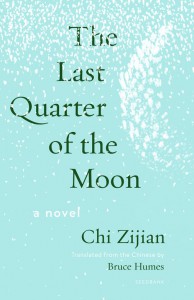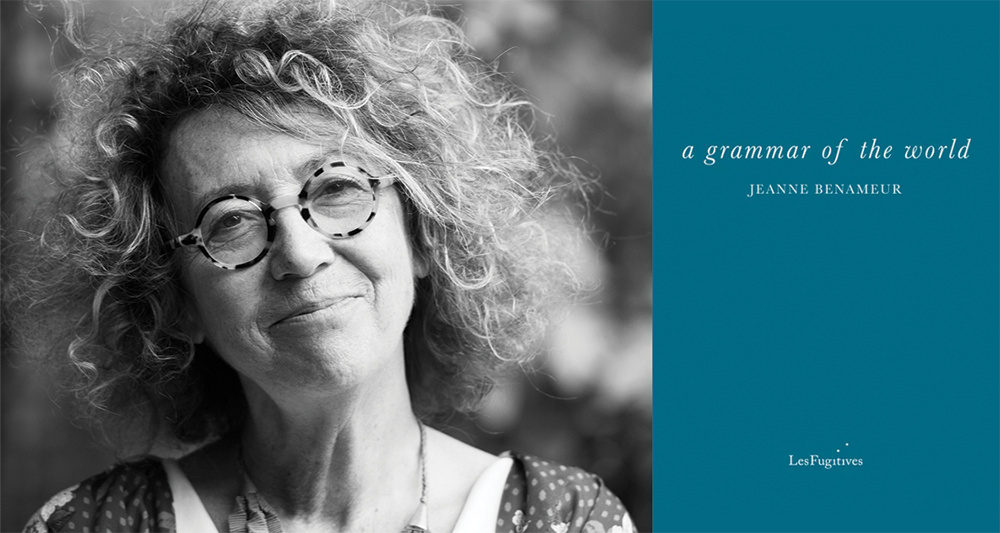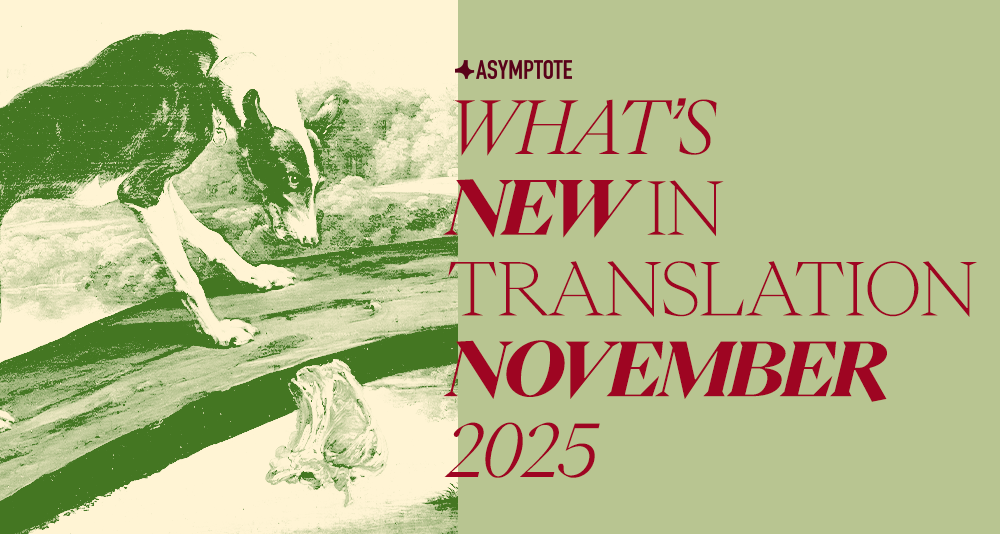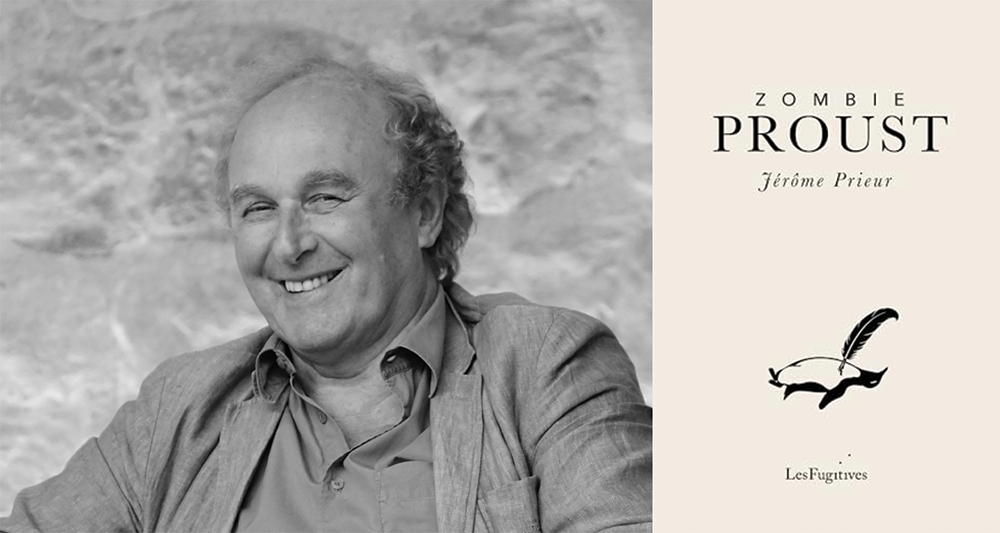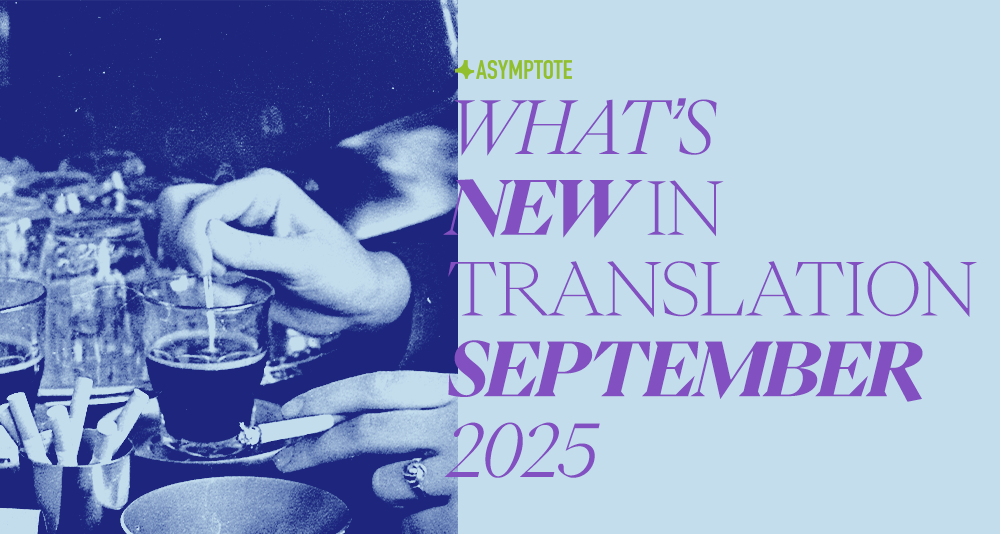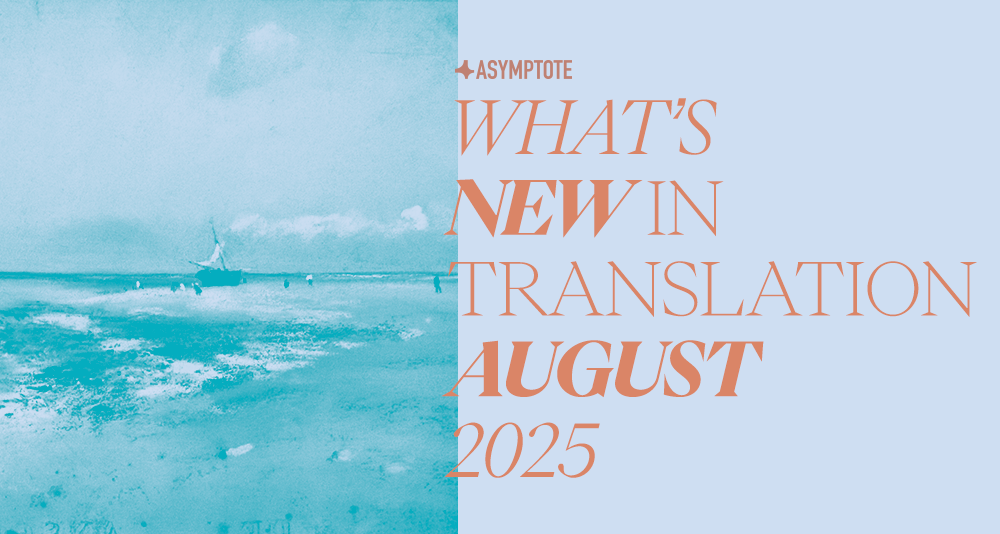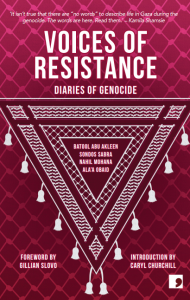This week, our editors fill us in on the controversial withholding of a young writers short story prize in Egypt and an exciting new Canadian-led digital humanities initiative. Read on to find out more!
Ibrahim Fawzy, Editor-at-Large, Reporting from Egypt
The announcement of the winners of the twenty-first edition of Egypt’s Sawiris Cultural Awards was quickly overshadowed by the controversy surrounding the jury’s decision to withhold the first prize in the Best Short Story Collection (young writers category). This decision became a public cultural reckoning, reigniting long-simmering questions about literary authority, generational tension, and the role of prizes in a precarious literary ecosystem.
At the center of the controversy were remarks made by the chair of the jury, member Gerges Shoukry, an Egyptian writer and poet, during the awards ceremony. Explaining the decision to withhold the prize, Shoukry stated that “the overwhelming majority of submitted texts lacked the basic principles of the short story,” framing the jury’s decision as a message to young writers that “knowledge is the path to excellence.”
The backlash was swift. On social media, writers emphasized that juries have the right to withhold prizes; what they rejected was the tone of “generalization,” “rebuke,” and “moral instruction” that accompanied the decision. Questions also emerged about the jury’s process: if most submissions were deemed so fundamentally flawed, how did four short story collections make it to the shortlist in the first place? The collections in question were Pet Mice by Nesma Ouda, Violent Love by Hoda Omran, A Distance Fit for Betrayal by Noha El-Shazly, and Death Has Three Knocks by Iman Abu Ghazala. For the writers, the announcement felt less like a neutral judgment and more like a public invalidation of their efforts. READ MORE…



